Wiki source code of Software Quality
Last modified by Benjamin Fischer on 2025/09/23 15:46
Show last authors
| author | version | line-number | content |
|---|---|---|---|
| 1 | There are several tools that can assist developers to increase the quality of the software produced, some of which are outlined here for introduction purposes. | ||
| 2 | |||
| 3 | = Python = | ||
| 4 | == Linters == | ||
| 5 | * [[Pylint>>https://www.pylint.org]] is the classic tool and has been around for a long time. It’s very thorough, can be configured and customised in many ways if needed and is straightforward to use. It has a reputation for being quite verbose in its outputs. | ||
| 6 | * [[Ruff>>https://docs.astral.sh/ruff/]] is much newer and is gaining in popularity because it runs very quickly and is a bit simpler. It is probably a bit less thorough and configurable than Pylint, but it’s a popular and proven tool. | ||
| 7 | * [[Radon>>https://radon.readthedocs.io]] is more specialist but is a very good metrics tool specifically for Python. Many projects add use of Radon alongside Pylint or Ruff. | ||
| 8 | * There are a number of others too including Flake8 and Black that are quite widely used. But starting with Pylint or Ruff is probably the right thing to do. | ||
| 9 | |||
| 10 | == Commercial IDEs == | ||
| 11 | Commercially there are also Python specific IDEs (development environments) like [[Pycharm>>https://www.jetbrains.com/pycharm/]] that integrate these tools via plugins and also provide their own sophisticated code quality checks and automated remediation in many cases. People with academic email addresses can generally get [[Pycharm for free subject>>https://www.jetbrains.com/academy/student-pack/]] to certain conditions on how it is used. | ||
| 12 | |||
| 13 | = C++ = | ||
| 14 | == Linters == | ||
| 15 | * [[Clang-tidy>>https://clang.llvm.org/extra/clang-tidy/]]: part of the “clang” compiler suite, which checks for code quality and C++ conventions in the code | ||
| 16 | * [[Clang-format>>https://clang.llvm.org/docs/ClangFormat.html]] which formats C++ into the standard format (and can be tailored for site specific preferences). | ||
| 17 | * [[Cppcheck>>http://cppcheck.net/]], which is independent of Clang and very good at finding C++ specific bugs (memory problems, null pointers, …). (Commercial version available too). | ||
| 18 | * [[OCLint>>https://oclint.org/]], which is again independent and is very good at checking for design level code quality (long functions, complexity, maintainability problems, ….). | ||
| 19 | |||
| 20 | === Commercial === | ||
| 21 | * [[PVS-Studio>>https://pvs-studio.com/]], a long standing commercial static analyser. | ||
| 22 | * [[CppCheck>>https://www.cppcheck.com/]]’s commercial version | ||
| 23 | * [[SonarQube C++>>https://www.sonarsource.com/knowledge/languages/cpp/]], a very comprehensive, and potentially expensive, C++ analysis suite. | ||
| 24 | |||
| 25 | == Commercial IDEs == | ||
| 26 | Again, you have commercial IDEs including CLion, which is part of the [[JetBrains Student Pack>>https://www.jetbrains.com/academy/student-pack/]] linked above, and Microsoft Visual Studio, that they might well use already. | ||
| 27 | |||
| 28 | |||
| 29 | |||
| 30 | |||
| 31 | |||
| 32 | = Credits = | ||
| 33 | The majority of this list was made possible thanks to the extensive input of [[Eoin Woods>>https://www.eoinwoods.info/]]. |
